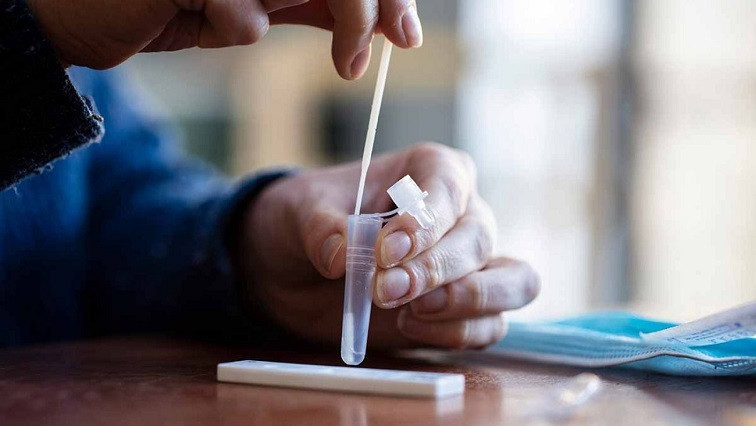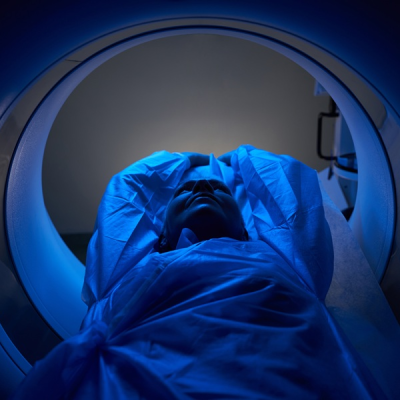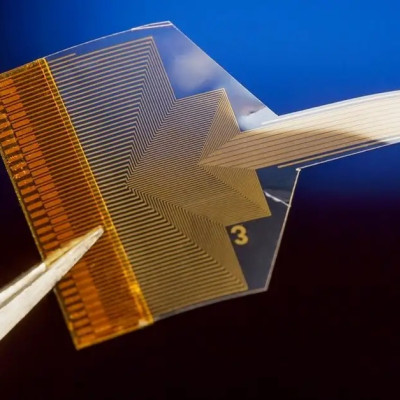During the four-month collaboration, funded by an Innovate UK Accelerated Knowledge Transfer grant, Dr. Henry Staines, senior lecturer in global health at the Institute for Infection & Immunity at St George’s, will provide critical knowledge exchange. This is expected to boost development of the technology by optimizing Tachmed’s biosensor, which is required to confirm if a pathogen is present or not within a patient sample.
Dr. Staines' role will be mostly about verifying and validating the data generated from this new digital diagnostic platform technology. In the short term, the support will center on providing advice and expertise to help Tachmed develop the heart of their novel diagnostics platform, the graphene biosensor, so that it functions above and beyond the levels expected by regulatory bodies. Moving forwards, the aim is to also help expand the pipeline of diagnostics tests that they can provide.
The partnership will ultimately lead to the creation of at-home diagnostic tests supported by a platform that will automatically send results straight to the patient’s healthcare practitioner, with no need for the patient to interpret the results.
Tachmed is working towards launching the device, Tachshield, by the end of the year.
Read the original article on Graphene-Info.







